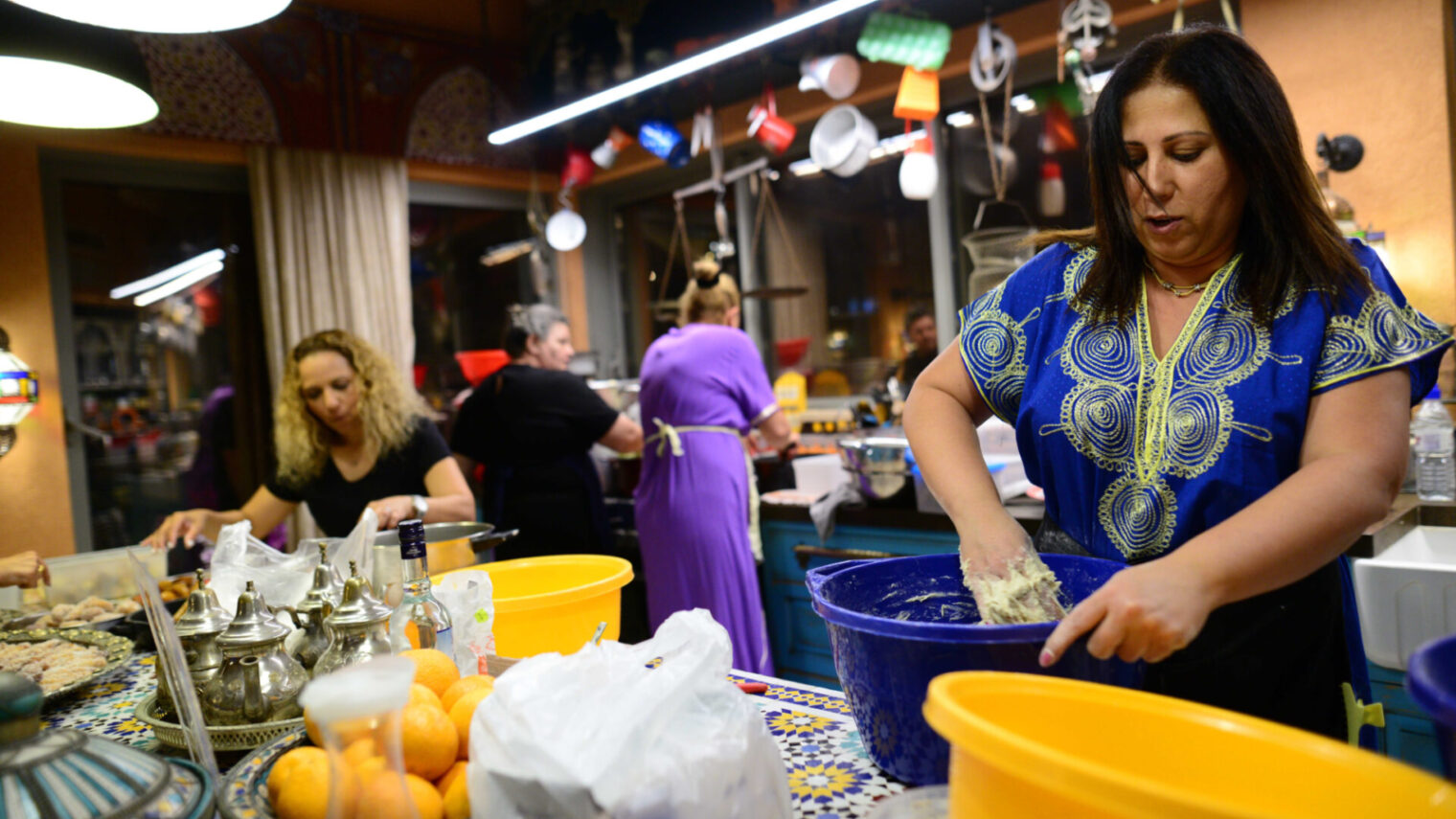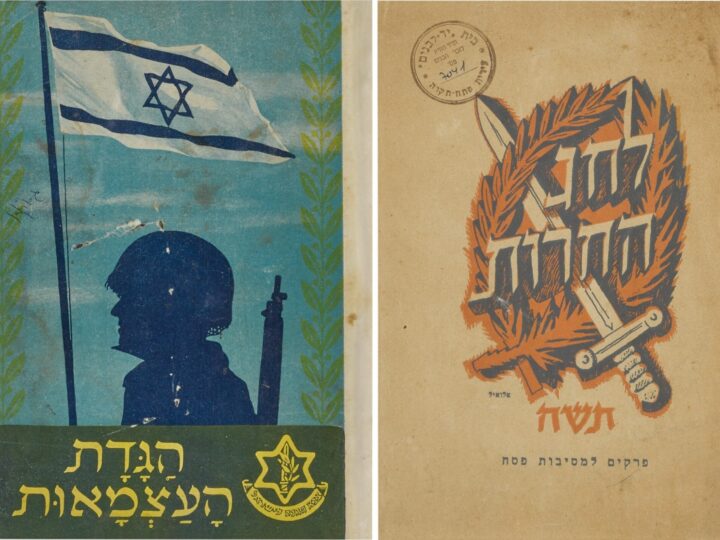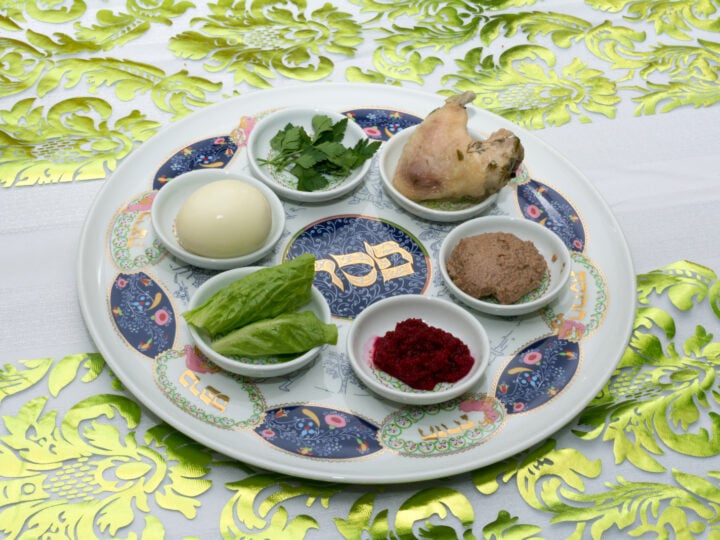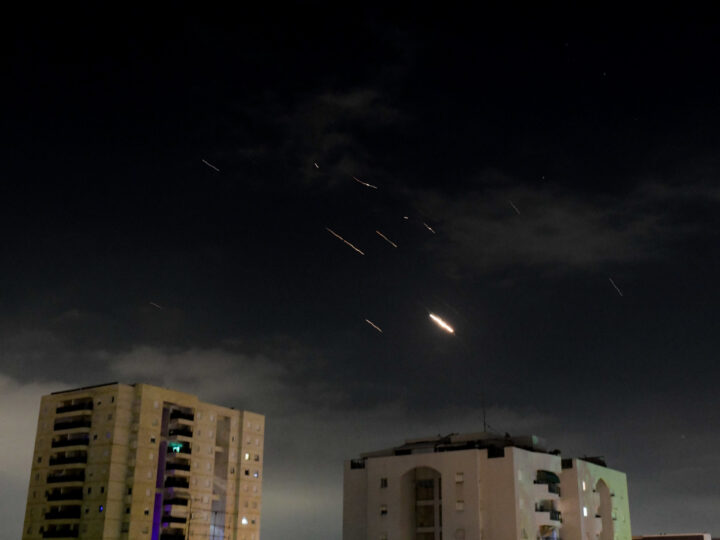Passover is just around the corner and is therefore getting loads of attention – as it should, considering its importance on the Jewish calendar. But did you know that it is immediately followed by yet another amazing holiday?
Called Mimouna, the festival is celebrated in Israel and around the world by Jews of Moroccan descent and anyone else lucky enough to be invited. It is full of deliciously sweet food, great outfits and a whole load of cool customs. Read below to find out more.
1. A celebration of family and friends
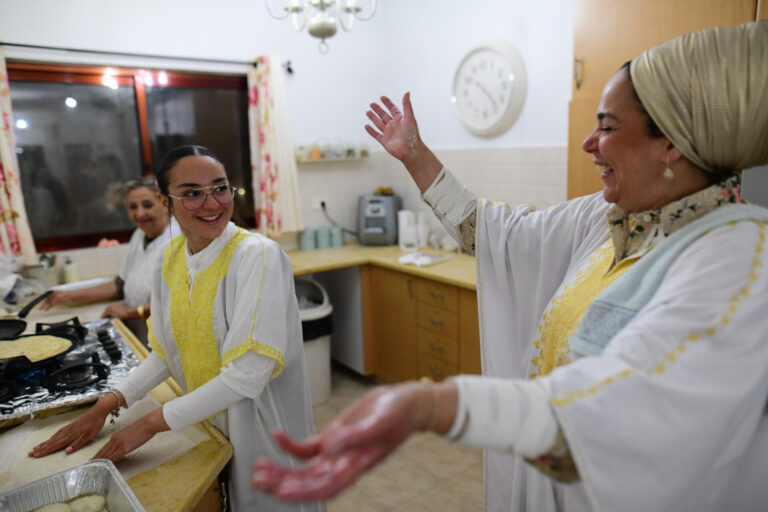
At its core, Mimouna is a celebration of family and friends gathering for a long evening that includes blessings, food, costumes and music. It’s celebrated at home and is a bit reminiscent of Seder night with extended families out in full force, each honoring their favorite traditions.
2. Passover out, Mimouna in
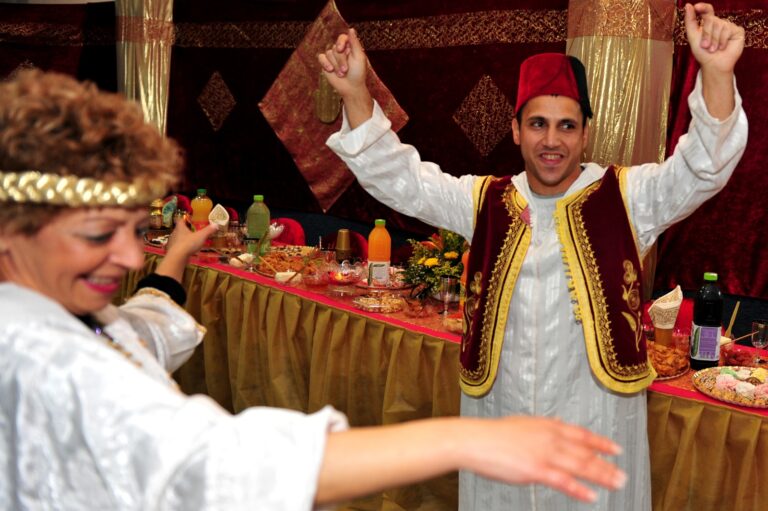
Mimouna is celebrated at the end of the very last day of Passover – although the reason for that date is not 100 percent clear. Some believe it is because the Jewish month of Nissan in which it occurs is a kind of mini new year. Others note that it has to do with the redemption theme of Passover, while there are those who believe the ending of Passover is ominous and requires a festive occasion to keep the evil eye at bay.
3. A lucky night, full of charms
Keeping with the evil eye theme here, Mimouna is considered to be a lucky night and very auspicious in terms of love, livelihood and fertility. To help the luck along, there are all kinds of traditions to ensure it: in some families, guests entering the home are sprinkled with a bit of flour, while in others there’s a plate full of flour on the table, imprinted with a handprint, into which five (hamsa in Arabic, like the good luck charm) gold coins, five dates or five gold bracelets are placed.
4. Hazy origins
According to one Moroccan Jewish tradition, the origins of Mimouna lie in its auspicious date on the Jewish calendar. In another tradition, it marks the the redemption of Jews in a city in Morocco, and yet another tradition traces the occasion back to the birthday of the father of Maimonides, the famous rabbi and philosopher. Some historians believe Mimouna was inspired by a pagan agricultural festival of the indigenous Amazigh population of Morocco, or by a Muslim celebration that took place at around the same time.
5. A very sweet night
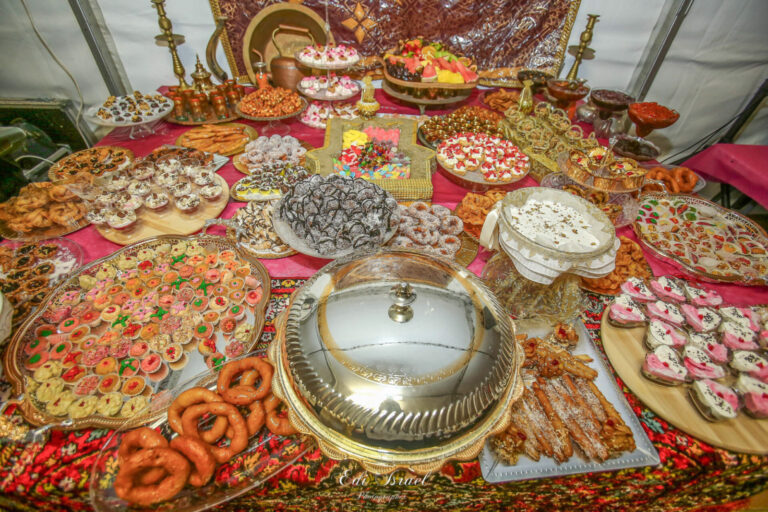
Unlike other Jewish festivals, on Mimouna people don’t sit around the table for a three- or four-course meal. This, however, is not to say that there’s no food involved. On the contrary, there’s loads of it, and it’s almost all sweet.
A classic Mimouna table holds a huge array of sweet delicacies such as marzipan, dried fruit, special jams – even eggplant jam – and lots of different types of biscuits made with ground almonds, pecans, walnuts or peanuts in place of flour. Presentation is key at Mimouna celebrations, and all the delicacies are laid out in colorful patterns, often accompanied by sprigs of fresh mint and wheat grains.
6. Moufleta, the star of the show
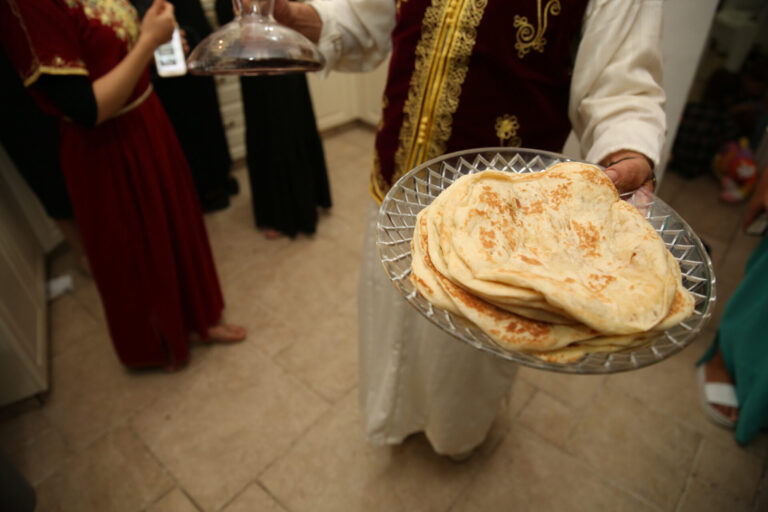
The star of any Mimouna is undoubtedly moufleta. These sweet pancakes are made at the beginning of the celebrations to mark the return to bread after Passover, and they’re absolutely incredible.
Smothered in honey and butter and rolled up like a tortilla, they contain about a gazillion calories. And they’re worth every single one.
7. In Israel, it’s also a political event
Back in the first few decades of Israel’s existence, Mimouna celebrations took a rather public turn of events, with mass celebrations in Jerusalem and other cities. These often included visits by top state officials and politicians, and to this day no politician worth their salt will skip out on a comprehensive round at voters’ homes. The morning after, the news is awash with photos of politicians simultaneously schmoozing and stuffing their faces.
8. An opportunity to dress up
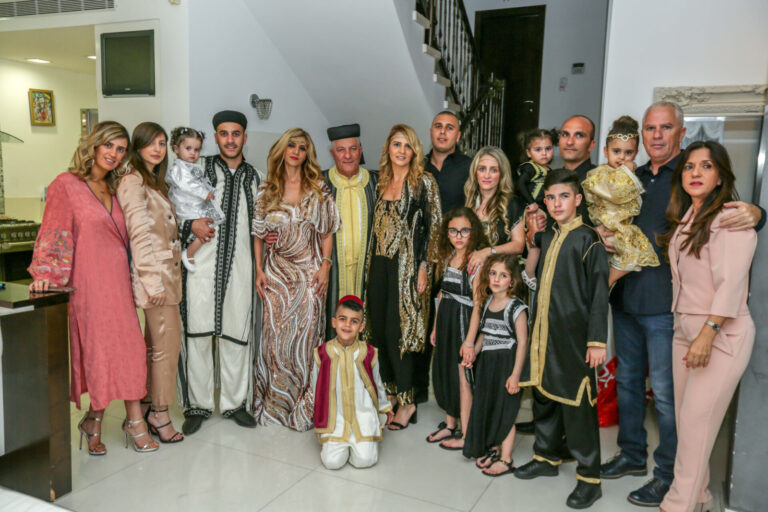
To get into the holiday spirit, hosts and guests often wear renditions of traditional Moroccan clothes – think colorful kaftans, shawls and head coverings. These greatly add to the festive and vibrant atmosphere and are also useful in that you can safely open your top trouser button after eating one or two moufletas too many.
9. Evolving traditions
While the majority of people still celebrate Mimouna at home in a large, intergenerational kind of traditional way, some are opting for other types of celebrations. Some young people, for example, host moufleta and drinks parties for their friends, while others have a generally quieter, more immediate family type of gathering. All, undoubtedly, are great fun.
10. What to say
The traditional greeting during Mimouna, said by hosts to their guests, is tirbachu ve tisadu. This blessing can be interpreted in different ways. Some people take it to mean “prosper and do well,” while others view it as an invitation to enjoy all the food on the table. The original meaning of the blessing, apparently, is that you should enjoy wellbeing and be able to aid others.
To us, all of the above sound absolutely lovely.




